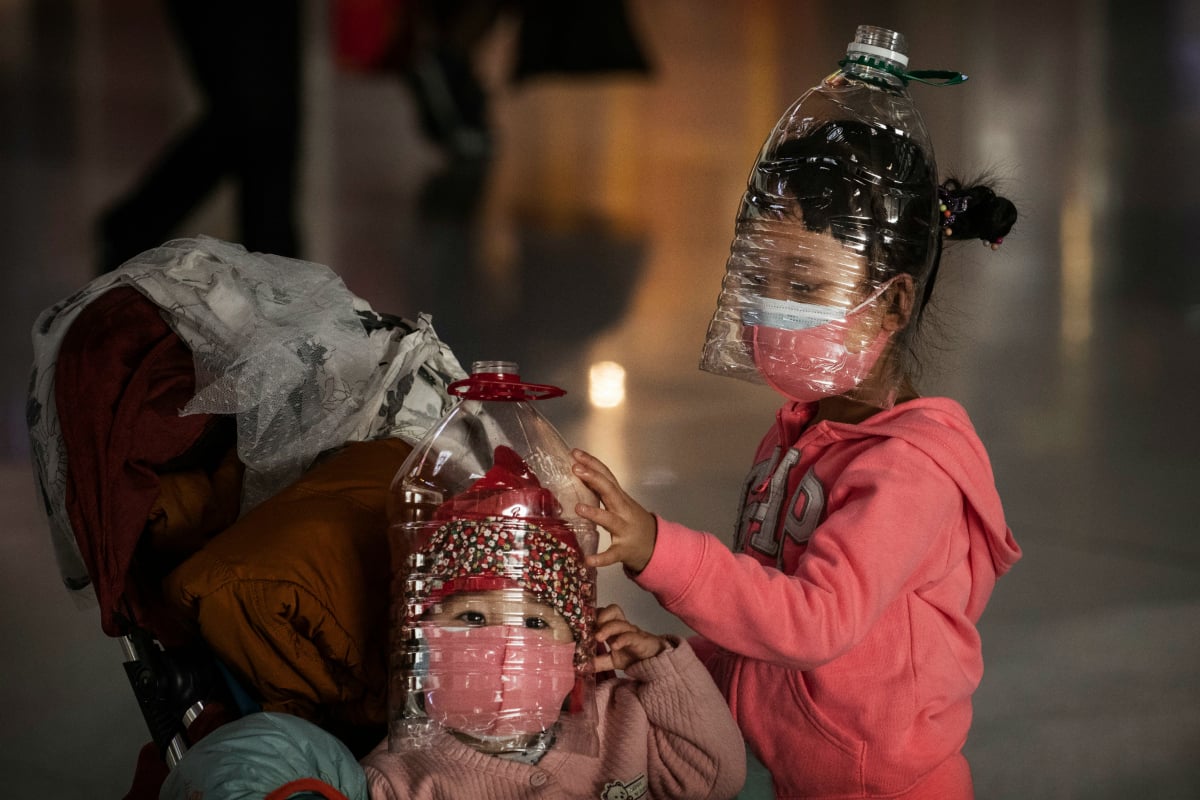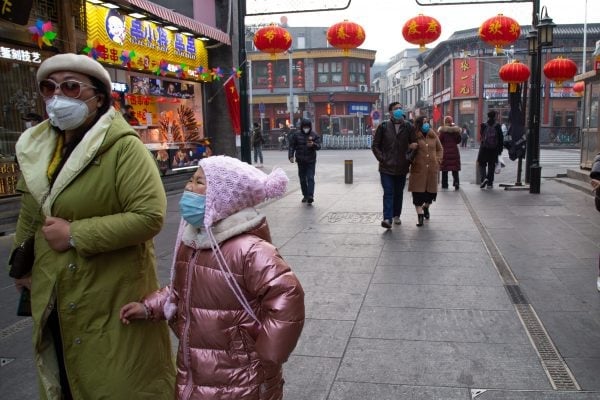
Today, two cases of novel coronavirus have been confirmed in South Australia, taking the national total of confirmed cases to 12.
Last week, the worldwide death toll for the virus was 56.
Today, more than 300 have died.
Six days ago in China, there were just over 2,000 cases of coronavirus infections.
Now, that number has exceeded 13,700, with further confirmed cases not only popping up here in Australia – but in the US, France, Vietnam, Canada, Malaysia, Thailand, Singapore, Japan, South Korea, Nepal and Pakistan.
It was announced this afternoon that a person has died in the Philippines – it was the first death from coronavirus outside China.
On Friday, the World Health Organisation declared the current outbreak of coronavirus to be a ‘Public Health Emergency of International Concern’.
Listen: The Quicky covers everything you need to know about coronavirus. Post continues after podcast.
As Mamamia reported last week, coronaviruses are nothing new. They’re actually a big family of viruses that occur mostly in animals and are responsible for a number of common illnesses. However, certain strains can mutate, be transmitted to people and then spread person-to-person.
Another example of a human coronavirus was SARS (severe acute respiratory syndrome). SARS originated in China in 2002 and, over the course of several months, spread to two dozen countries, infected at least 8000 people and led to 774 deaths.


Top Comments
Yet an Australian Dr has come out now saying we don’t need to wear masks it take any precautions because there’s been no cases of person to person transmission in Australia...where did this twit get his medical degree???
If it is person to person transmissible then it is possible in any country! How does he think the cruise ship cases keep increasing??
We will see a surge of people with the virus in Australia in 2 weeks. The incubation period is up to this long. In this time, people are infecting others unknowingly. It's only a matter of time before we see people who have contracted the virus outside of China. Don't say you weren't warned.